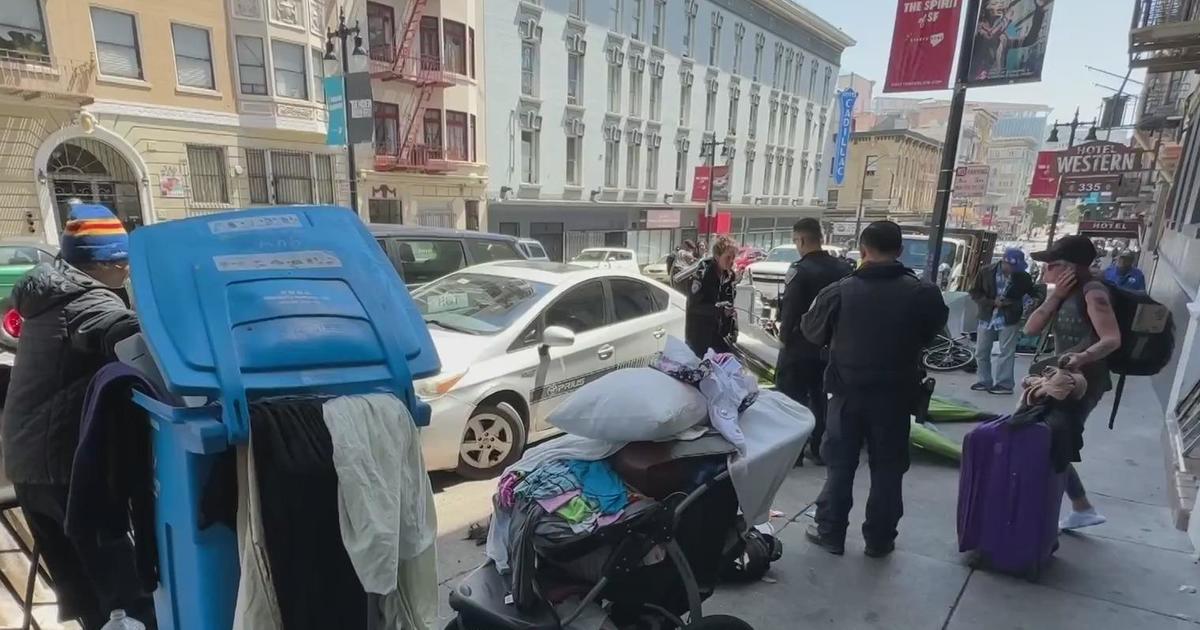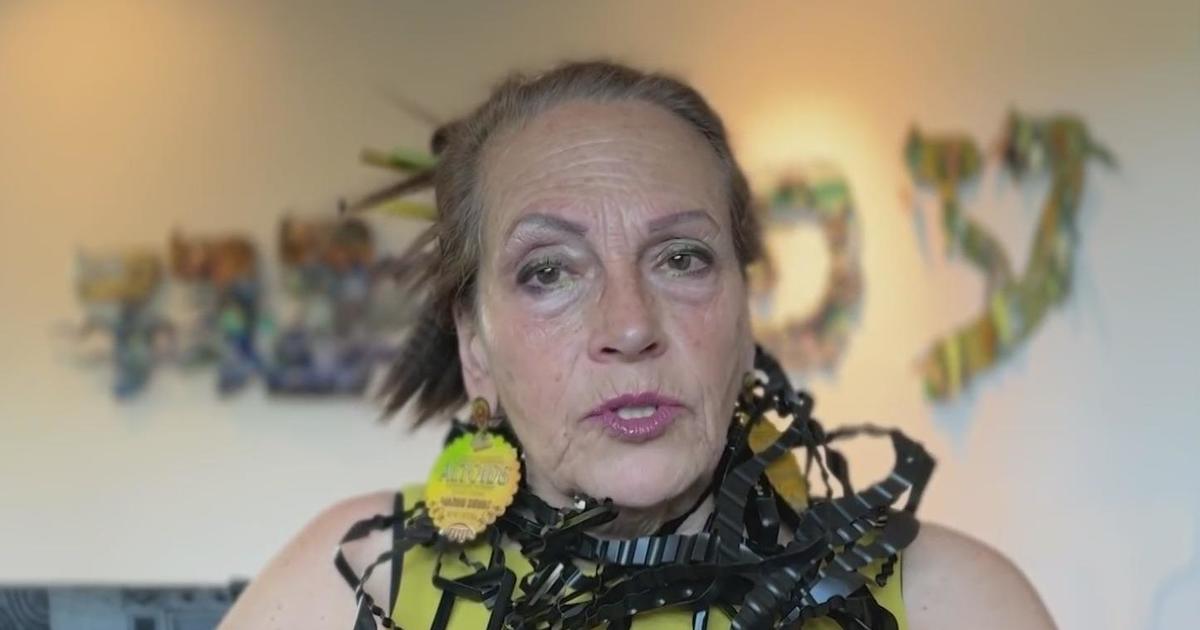Voter-Approved Prop 57 May Speed End To Federal Oversight Of CA Prisons
SACRAMENTO (CBS/AP) -- Voters' approval of Gov. Jerry Brown's sentencing reform initiative may finally give California the long-term solution it needs to end a decade-long legal battle over prison conditions that twice reached the U.S. Supreme Court and has cost taxpayers billions of dollars.
Proposition 57 was pitched as a safety valve to reduce an inmate population that is steadily increasing despite state efforts to shift felons from overcrowded state prisons into equally burdened county jails over the past five years.
The initiative incorporates rules into the state Constitution to speed how quickly felons can be paroled. It also grants the California Department of Corrections and Rehabilitation broad discretion to give more early release credits to inmates who complete rehabilitation programs.
California's 34 state prisons are on track to exceed a federally imposed prison population cap of about 116,000 within a year, the Public Policy Institute of California said, unless more is done using tools such as those in the proposition approved by 64 percent of voters on Election Day.
"It provides the tools, but it does depend on how it's implemented," institute researcher Magnus Lofstrom said.
Law enforcement officials who opposed the measure said it gives bureaucrats too much power. Opponents predict it will put more felons on the street and boost crime rates that already jumped last year.
The Democratic governor and other supporters said the measure will prevent the indiscriminate release of inmates as a way to keep the prison population below the level that federal judges ruled is necessary to avoid violating inmates' constitutional rights.
California has made unprecedented efforts to reduce what once was the nation's largest state prison population, but the judges warned earlier this year that the state must do more to keep prisons from becoming overcrowded again.
The population is increasing despite Brown's 2011 criminal justice realignment law that sends less serious felons to county jails instead of state prisons, and despite voters' approval two years ago of an initiative that reduced several drug and property crimes from felonies to misdemeanors.
Those changes reduced the prison population by more than 40,000 inmates as of July 2015, but it's creeping back up by about 200 inmates a month as the number of serious, long-term criminals grows.
The new parole standards could offset that jump by releasing more inmates earlier. But the greatest flexibility is in how broadly the administration will use its authority to grant credits that result in other early releases.
Corrections officials wouldn't comment other than to note that under Proposition 57 they "must be certified as protecting and enhancing public safety."
Critics fear the open-ended nature of that provision.
"It provides absolutely no limitation on how those credits will be assigned or when they'll be assigned, so at the whim of the head of the California Department of Corrections and Rehabilitation they can decide when to give credits and when not to give credits," said George Hofstetter, president of the Association for Los Angeles Deputy Sheriffs.
At least 15 other states already give their governor, corrections director or parole board authority to release inmates or reduce their sentences because of overcrowding, according to the Association of State Correctional Administrators.
As an alternative, state officials could decide to increase prison capacity by adding beds, said Drew Soderborg, a criminal justice analyst with the nonpartisan Legislative Analyst's Office. However, the judges have discouraged a previous stopgap measure by the state of sending thousands of inmates to private prisons in other states.
California is spending about $800 million this year alone to house nearly 11,000 inmates in private prisons and to operate new cell houses built for more than 5,300 additional inmates, the state Department of Finance said.
The amount doesn't include the $3.2 billion spent on prison construction, and it is unclear how much might have been spent without the court order.
Critics said the state now risks shifting the social and financial costs to local governments through increases in crime. Lofstrom said the success if Proposition 57 success depends in part on whether the corrections department can quickly provide programs that will ultimately reduce crime.
The initiative is likely to spark a clamor among inmates for education and rehabilitation programs that could speed their parole. However, the measure includes no additional money for prison rehabilitation programs.
The Chief Probation Officers of California supported Proposition 57, but the group's president warned in a statement that the regulations must be carefully written if they are to encourage inmates to turn their lives around.
"The hard work starts now," said Amador County Chief Probation Officer Mark Bonini.
© Copyright 2016 The Associated Press. All Rights Reserved. This material may not be published, broadcast, rewritten or redistributed.



